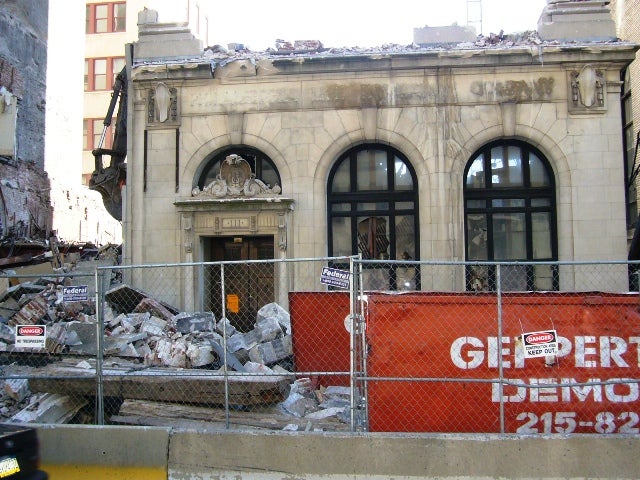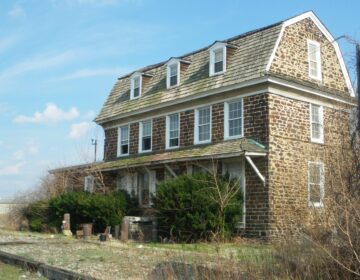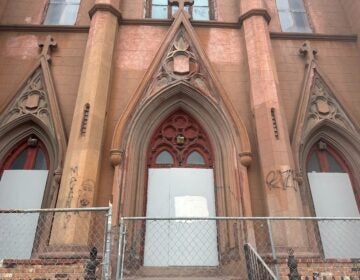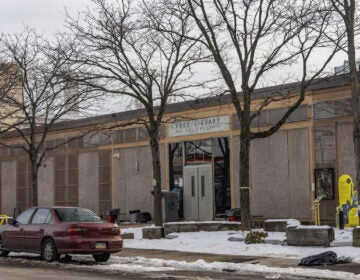Local protection is best – but only if you’re registered

Feb. 13
By Kellie Patrick Gates
For PlanPhilly
Local historic preservation laws have much more power than their state and federal counterparts.
The Philadelphia Historic Commission “has the full authority to approve or deny projects proposed for sites designated as historic,” Executive Director John Farnham said. “A developer could get zoning approval, a permit from the streets department and the water department, even a preliminary approval from L&I, but they are not able to move forward without (Commission) sign-off.”
But if a site isn’t on the Philadelphia Register of Historic Places, there’s nothing the Commission can do. And in many cases, there’s not much state or federal protection laws can do, either.
The Pennsylvania Historic and Museum Commission gets involved when a project requires a state or federal permit or is to be funded with government money. It tried unsuccessfully to save the Philadelphia Life Insurance Company buildings. The PHMC had an agreement with the Convention Center Authority that the facades of the original building and its annex would be incorporated into the expanded convention center.
With a state-level agreement, no one thought it was necessary to apply for placement on the Philadelphia register, said Philadelphia Preservation Alliance executive director John Gallery. But then the state determined the buildings were unsafe. While other surveys of the buildings disagreed with that conclusion, demolition began in December. A state court judge ruled that the state did not have to honor the PHMC agreement, since the agency’s role is only advisory.
“I think that if there’s one thing that the PLICO situation did emphasize, it’s that the only really strong legal protection is at the local level,” Gallery said.
Placement on the National Register of Historic Places (there is no separate state list) cannot keep bulldozers at bay, either, unless the project requires a permit or funding from the federal government, said Jean Cutler, director of the PHMC’s Bureau of Historic Preservation. Private owners who need no government money or permissions can tear down the places where George Washington slept – unless the local government creates laws that says they cannot.
Several members of Cutler’s staff spend their days working with local municipalities that have properties on the National Register, urging them to draft local preservation laws – like Philadelphia’s.
Contact the reporter at kelliespatrick@gmail.com
WHYY is your source for fact-based, in-depth journalism and information. As a nonprofit organization, we rely on financial support from readers like you. Please give today.






